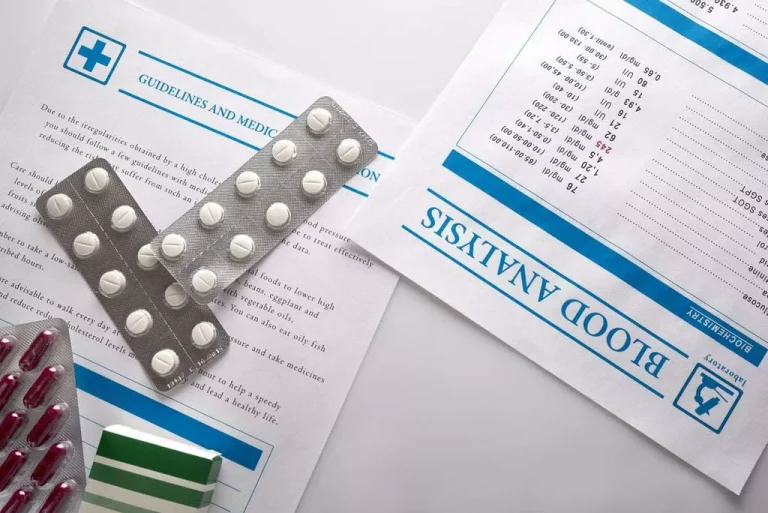
By raising awareness and understanding of HPPD, we can better support those affected and advocate for further research into effective treatment options. If you or someone you know is experiencing symptoms of HPPD, it’s essential to seek professional help from a qualified healthcare provider or mental health specialist. Because many people are unaware of the existence of HPPD, when they first hear about it, it seems like a story, told to ward people off using psychedelic drugs. But it’s very real, as many know, and this article gives a basic, easy-to-understand run-down of what it is, its scientific background, common misconceptions, recent research, and personal stories from people affected by this condition.
What Are the Causes and Risk Factors for HPPD?
The person who developed psilocybin-related HPPD combined the drug with marijuana — a drug that has some hallucinogenic properties. Marijuana and heavy alcohol use have triggered HPPD in some people who have a history of hallucinogen use. The disorder is different from experiencing flashbacks after the effects of hallucinogens wear off. As the use of psychedelics grows increasingly popular, it’s important to understand risks such as the development of HPPD. Users who experience HPPD-related symptoms may also find an accurate diagnosis will give them some relief.
In-depth HPPD questionnaire study
- The course of inpatient management started with the administration of 3 milligrams of Invega and 10 milligrams of Zolpidem.
- This tool can help you assess whether your symptoms align with HPPD and serve as a valuable resource to bring to any appointments with your healthcare provider.
- Individuals with PTSD may avoid situations that remind them of the trauma and often struggle with sleep or concentration.
- Individuals experience time- and space-related perceptual distortions.
- Of the 57 patients (58.8%) who had participated in treatment programmes, 63.2% had a positive outcome, with 29.8% of the total number attaining full and 33.3% partial remission.
Although many people will see a reduction in symptoms over time, HPDD is still likely to be long-lasting and persist for many years. This means that once vision and other senses have been altered, they are more likely to occur again without prompting. When interest in psychedelics is rising rapidly, it’s clear we need more research and better treatments for HPPD now. Additionally, Dr. Locke has developed a screening questionnaire for HPPD in collaboration with researchers at Johns Hopkins University. This tool can help you assess whether your symptoms align with HPPD and serve as a valuable resource to bring to any appointments with your healthcare provider.
Therapy

The American Psychiatric Association what is Oxford House recognizes HPPD, which helps in standardizing the diagnostic criteria. Hallucinogen persisting perception disorder, also referred to as HPPD, is an uncommon condition caused by hallucinogens. Research on the disorder is limited to small studies and case reports. Its prevalence is unknown, but some experts estimate 4 percent of people who use hallucinogens develop HPPD.
- Talking about the experiences can help a person with HPPD process their own feelings and may reduce anxiety and stress about having the condition.
- Some studies described a mild efficacy of clonidine (24, 25) or completely ineffective (28).
- As part of the initial psychiatric assessment, extensive neuropsychological profiling was undertaken (Table 1).
- With a mean MAQ-HPPD score of 7.7 out of 12 (median score 7), the methodological quality of 48.4% of the studies was “high” (Table 1).

According to a 2021 study, Ropinirole, a common Parkinson’s medication prescribed to help activate dopamine receptors, reduced symptoms of HPPD in a 20-year-old male. Some people may feel ashamed to tell their doctor that they’ve used psychedelics, which could lead to cases of HPPD going undocumented. Studies estimate that roughly 4% of people who have used psychedelics experience HPPD. When you experience Type I HPPD, you’re usually aware that your visual changes aren’t real, although your sense of time may feel as if it’s been altered. Earlier in 2011, the patient underwent an 8-week course of psychosomatic treatment for depression as an outpatient at a university hospital clinic in southern Germany. Despite a significant improvement in her mood, the remission was only partially leading to a low-level continuous depression classified as dysthymia.

Studies on Psychopharmacotherapy of HPPD
These distortions can be particularly distressing, as they may interfere with normal functioning. About 40% of individuals with HPPD report an altered hppd treatment sense of time, perceiving it as moving either too quickly or too slowly. It is thought to arise from disruptions in the brain’s temporal processing, which can be affected by hallucinogens. This symptom is often more pronounced in the early stages of the disorder. With a mean MAQ-HPPD score of 7.7 out of 12 (median score 7), the methodological quality of 48.4% of the studies was “high” (Table 1). The suspected causal substance was reported most faithfully, with 82 of the 97 cases (84.5%) getting the maximum score of 12.
